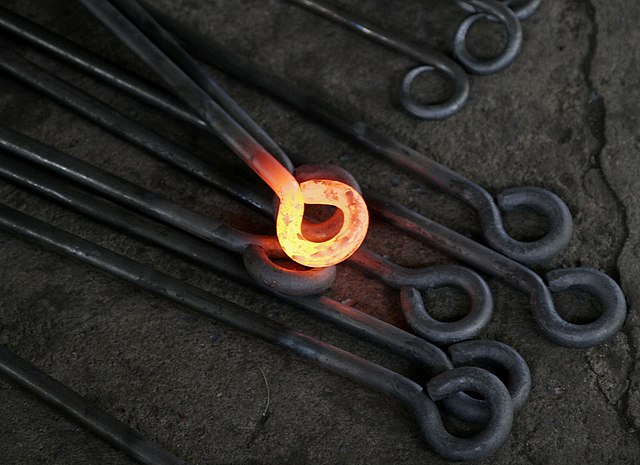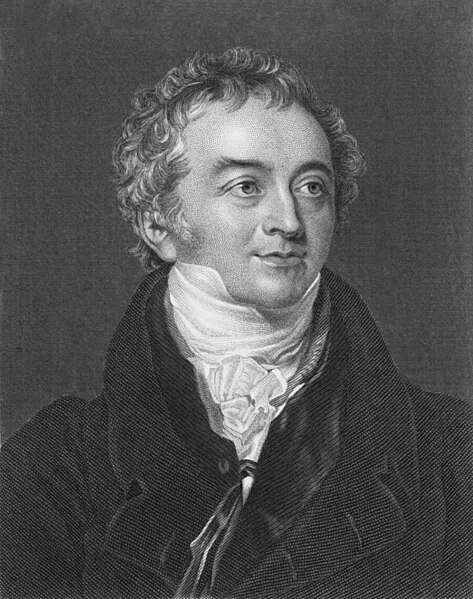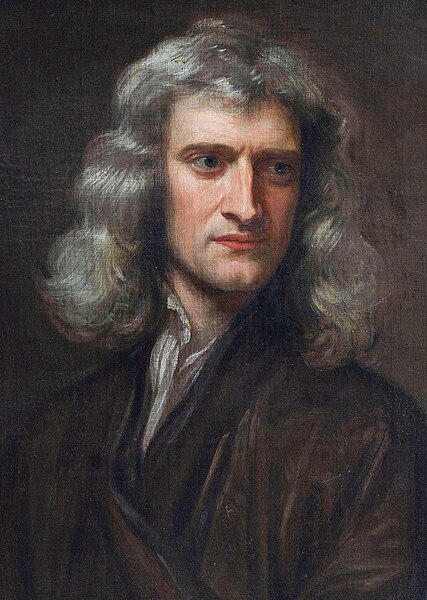In physics, energy is the quantitative property that is transferred to a body or to a physical system, recognizable in the performance of work and in the form of heat and light. Energy is a conserved quantity—the law of conservation of energy states that energy can be converted in form, but not created or destroyed. The unit of measurement for energy in the International System of Units (SI) is the joule (J).
A plasma globe, using electrical energy to create plasma, light, heat, movement and a faint sound
In a typical lightning strike, 500 megajoules of electric potential energy is converted into the same amount of energy in other forms, mostly light energy, sound energy and thermal energy.
Thermal energy is energy of microscopic constituents of matter, which may include both kinetic and potential energy.
Thomas Young, the first person to use the term "energy" in the modern sense
Physics is the natural science of matter, involving the study of matter, its fundamental constituents, its motion and behavior through space and time, and the related entities of energy and force. Physics is one of the most fundamental scientific disciplines, with its main goal being to understand how the universe behaves. A scientist who specializes in the field of physics is called a physicist.
Ancient Egyptian astronomy is evident in monuments like the ceiling of Senemut's tomb from the Eighteenth Dynasty of Egypt.
Galileo Galilei (1564–1642) related mathematics, theoretical physics, and experimental physics.
Isaac Newton discovered the laws of motion and universal gravitation
Max Planck (1858–1947), the originator of the theory of quantum mechanics








